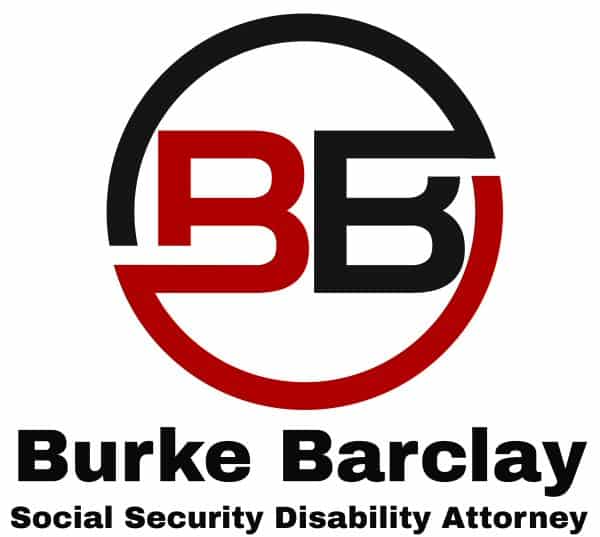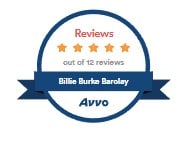What Are The Medical-Vocational Guidelines For My SSD Case?
There are some pesky little rules the Social Security Administration uses to determine whether a person is disabled. In fact, they are not “little” at all, and hardly pesky. They are so important, in fact, they play a determining factor in almost every case in one sense or another.
Here’s how they work:
First, in order to be found disabled under Social Security’s rules, there are a number of factors taken into consideration.
1. Your age.
This is a determining factor in either approving or awarding benefits. Two people could have the same condition and one will be approved, while the other will be denied. The one that would be approved would be over the age of 50, and the one who gets denied is the younger of the two. Why? because the Social Security Administration understands the older a person is, the less likely he or she will be considered for a job.
Therefore, your age is taken into consideration when determining whether you are disabled.
2. Your education level.
The more education you have, and the more recent you received this education, the more likely you are able to perform some other kind of work even if you have a severe condition. Therefore, a person with less than a high school education will likely be approved before a person with a college degree. Again, if these two people have the exact same severe condition.
3. Work skills you have acquired from past work.
Take the two different people with the exact same severe condition. The one that has worked as a laborer in the past is going to be approved more than the person who worked in management. Why? -Because the person who worked in management has acquired work skills and more than likely could transfer those skills to some other kind of work. Still not a fair system, but who said anything about being fair?
So, you take all three factors and you apply them to the rules.
The rules are then divided into categories of work: sedentary, light, and medium. When it is determined at what level that person can perform work, then the other three factors are taken into consideration and there is a corresponding rule that makes a determination as to whether a person is disabled.
Also, you have to realize that these rules only apply to exertional limitations. If a person is suffering from non-exertional limitations, then the rules must only be used as a framework for a decision on their case.
As it is always easier to see something and understand it. Here is the link so you can get a better idea:
https://www.ssa.gov/OP_Home/cfr20/404/404-app-p02.htm
Now, if a person does seem to meet a rules and it directs them to be found not disabled, then you are likely going to have to prove that his or her ability to perform work is below a sedentary level. If you can do that, then the argument is that he or she cannot even perform sedentary work, and therefore should be found disabled.
We understand this stuff is confusing. If you need help, we represent claimants throughout Texas and California. Please always feel free to call us at: (888) 780-9125.
You Need an Experienced Social Security Disability Lawyer
We represent claimants fighting for their Social Security disability benefits throughout Texas and California. Contact the Law Office of Burke Barclay for a highly experienced Social Security Disability Lawyer in Dallas, Texas
"Experienced Social Security Disability Lawyer representing clients throughout the United States who either need to initially file for their Social Security disability benefits or have been denied at one of the various stages throughout the process to give them the best chances of success."
Business Address
3838 Oak Lawn Ave.
Suite 1000
Dallas, TX 75219
Business Phone
Business Hours
Monday - Friday
8:00 AM - 5:00 PM





